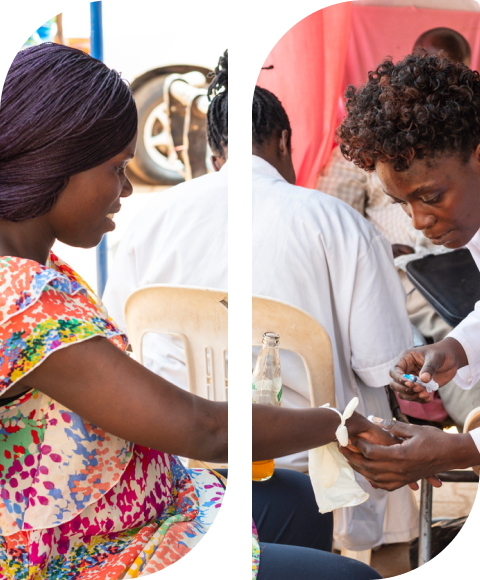
The program would be implemented through the expansion of existing health insurance schemes to cover antenatal care, or the introduction of new schemes specifically focused on maternal health. Partnerships with local health facilities, NGOs, and government agencies would be essential to ensure comprehensive coverage and effective delivery of services.
The Free Delivery Care and Health Insurance Expansion initiative presents a promising approach to improving maternal health access in Africa. By removing financial barriers to antenatal care, this program aims to enhance maternal and infant health outcomes significantly. Through careful planning, stakeholder engagement, and sustainable funding strategies, this initiative has the potential to make a lasting impact on maternal health in the region.